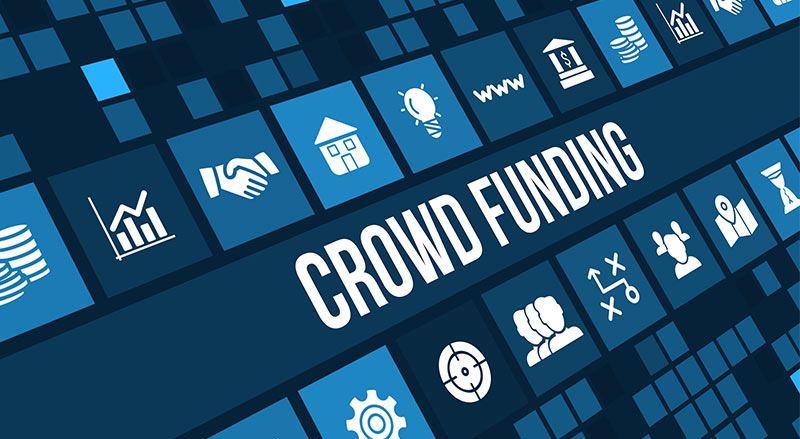Micropayments, small financial contributions from a large number of individuals, have the potential to transform the way public projects are funded, making them more accessible, democratic, and sustainable. The concept is simple: by enabling citizens to make small donations, communities can tap into a broader pool of financial support for public projects.
Micropayments also democratise the funding process. With micropayments, even those with modest means can participate, making community support more inclusive and representative. In addition, micropayments can be combined with specific campaigns for a good cause and thus provide an incentive for charitable behaviour.
How micropayments can improve crowdfunding
Micropayments can complement traditional crowdfunding options in several ways, enhancing the overall crowdfunding ecosystem and offering more flexibility to project creators and supporters. Here are a few aspects of how micropayments can improve crowdfunding:
- Lower barriers to entry: Micropayments allow individuals to contribute very small amounts of money. While micropayments are commonly defined as a fraction of a dollar, the BSV blockchain enables making payments of a fraction of a cent an efficient option for payments. This is a game-changing quality in crowdfunding efforts, which is tied to the following aspects.
- Reduced platform fees: Traditional crowdfunding platforms often charge fees for their services, which can eat into a significant portion of the funds raised. Micropayments via the BSV blockchain can reduce these fees, ensuring that a higher percentage of the funds directly benefit the project.
- Enhanced community engagement: Micropayments encourage ongoing engagement with a project. Supporters can contribute small amounts periodically, fostering a sense of community and sustained interest in the project’s progress for example by incentivising certain charitable or sustainable tasks.
- Microtasks and milestones: Creators can break down their projects into smaller tasks or milestones and use micropayments to reward contributors for specific contributions or achievements. This approach aligns the interests of supporters with the project’s success and encourages continued involvement. As the BSV blockchain facilitates the smallest payments of up to a fraction of a cent cost-efficient, even small tasks can contribute meaningfully if many people contribute, as e.g. the BAIoT project showcased.
Transparency and accountability
Another compelling advantage of micropayments is the transparency they provide. Micropayments can help improve accountability by making the funding process more transparent and giving citizens a clearer picture of where their money is going. When citizens can track their contributions and see the impact of their donations in real time, it builds trust between citizens and the organisers of a campaign.
Moreover, micropayments can enhance accountability by creating a direct link between funding and project outcomes. If a project funded through micropayments fails to deliver on its promises, citizens can voice their concerns and hold organisers accountable more easily.
Micropayments can also create accountability on the part of the receiving side. One example was discussed during a Bitcoin Masterclass session by Dr. Craig S. Wright. The example was about food stamps in poverty-affected zones. The food stamps could be tokenised to ensure that vouchers are used as they are meant to be used. It is a common problem that such vouchers are resold to buy drugs or alcohol instead.
The BSV blockchain is the only globally scaling blockchain for micropayments
Using blockchains in the public domain has the advantage of eliminating security risks, transparency, and making even contributions of a fraction of a cent cost-efficient and sustainable. Micropayments, however, are a feature that only very few blockchains can provide via layer one, i.e. directly via the blockchain.
Currently, the cost of a transaction is about $0.000003, making on-chain transaction costs lower than any other blockchain. Over the main net, the maximum throughput is about 10000 transactions per second. As the BSV blockchain will scale even more efficiently in the future, it’s the only blockchain that is suitable for businesses and governments. This is also helped by the fact that the BSV blockchain is designed to function within existing regulations.
